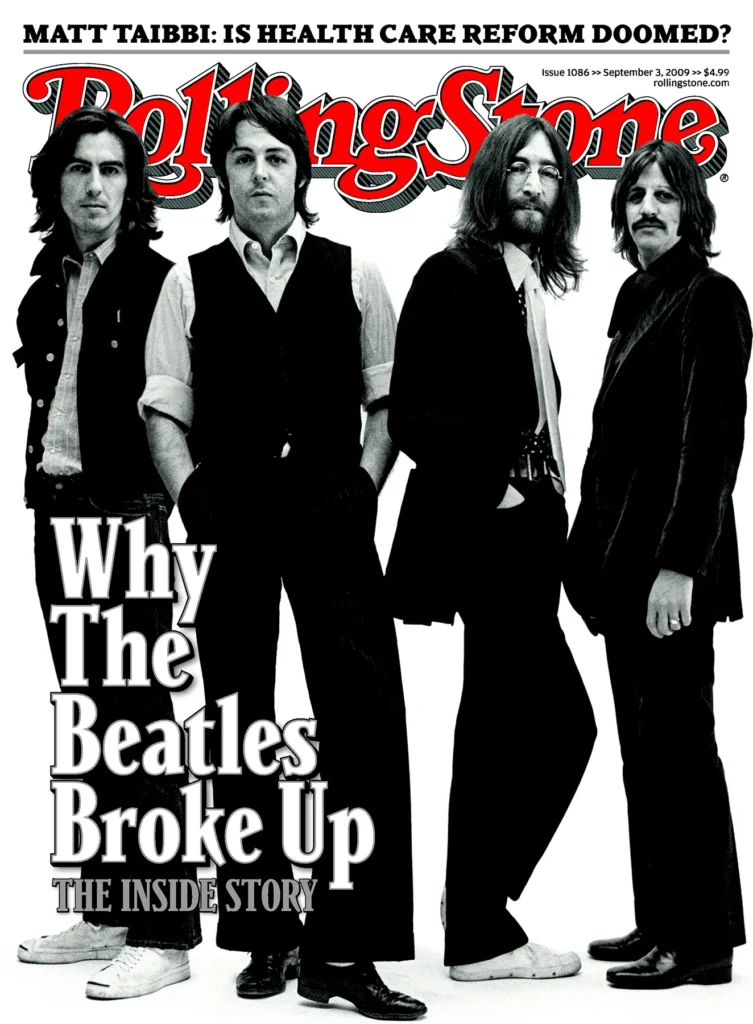The Beatles’ breakup in 1970 was influenced by numerous internal struggles, but external pressures—especially media scrutiny and public expectations—added significant strain to the group. As The Beatles skyrocketed to global fame, they became symbols of an era, with the media and fans placing enormous expectations on them to continually evolve, deliver hit records, and maintain their harmonious image.
From the beginning, intense media coverage followed their every move. This began to take a toll by the mid-1960s, especially after John Lennon’s controversial remark that The Beatles were “more popular than Jesus.” The backlash, particularly in the U.S., led to record burnings and threats, leaving the band feeling increasingly alienated. Their decision to stop touring in 1966 partly stemmed from the pressures of navigating constant, overwhelming fan attention. While it allowed them to focus on studio work, it also isolated them from their fans, fostering an insular environment that magnified internal disagreements.
As the group experimented with new sounds and ideas, expectations from fans and the press grew more demanding, creating an intense public fascination with their personal lives. The media highlighted rifts and speculated on tensions, particularly as each member explored individual pursuits and relationships. Lennon’s relationship with Yoko Ono, for example, attracted sensationalized media coverage, casting her as an “outsider” and further exacerbating band tensions. The press’s portrayal of McCartney’s leadership, especially after manager Brian Epstein’s death, often painted him as domineering, which increased strain within the band.
As their personal and creative directions began to diverge, each Beatle found himself scrutinized individually by a press that had once celebrated them as a united front. In 1969, when McCartney publicly announced his departure from the band, the news fueled media speculation and amplified the narrative that he was responsible for the breakup.
Ultimately, the external pressures of constant public attention and media narratives surrounding their relationships and artistic choices intensified the band’s personal struggles. The Beatles’ breakup was a complex decision involving both internal conflicts and the unrelenting weight of being under a global microscope. This scrutiny, combined with the pressure to meet expectations as cultural icons, led them to pursue separate paths, each seeking individual freedom from the identities imposed on them as “The Beatles.”
